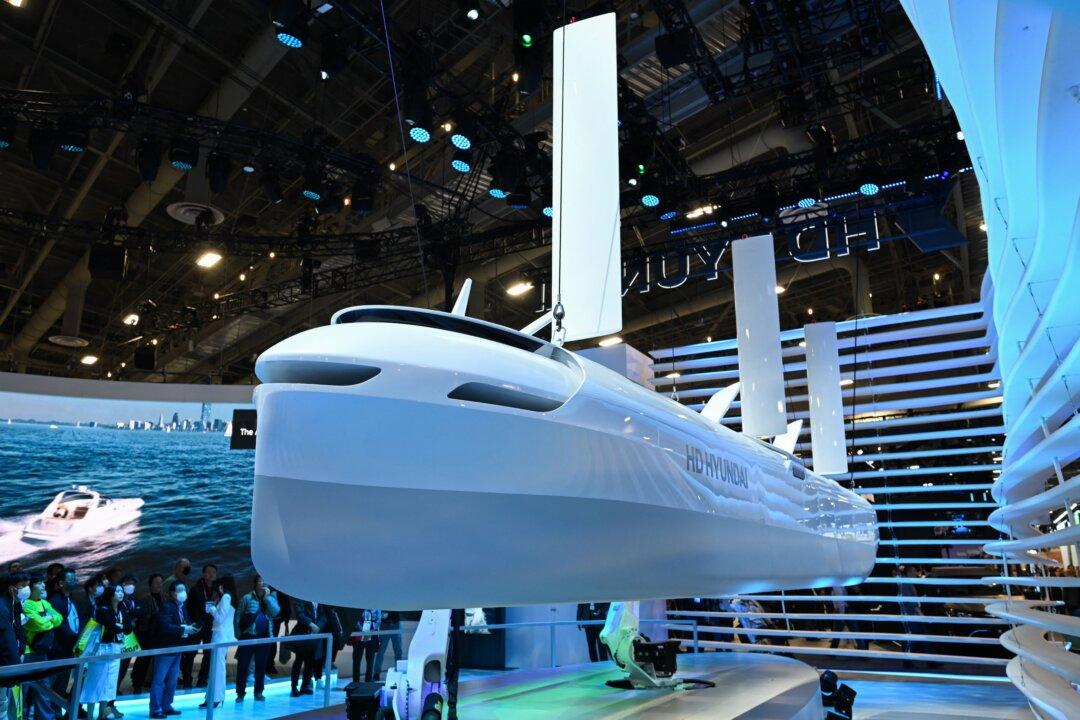Two subsidiaries of South Korea’s HD Hyundai Group have reported a substantial boost in their corporate performance after a strategic scale-down of operations in China. This trend echoes the success of several South Korean entities that have flourished after reducing their reliance on the Chinese market, a trajectory originally spearheaded by the Hyundai Motor Group.
The two flourishing subsidiaries belong to the HD Hyundai Group (formerly known as Hyundai Heavy Industries Group), one of the largest South Korean conglomerates engaged in shipbuilding, heavy equipment, machinery, and petroleum.





